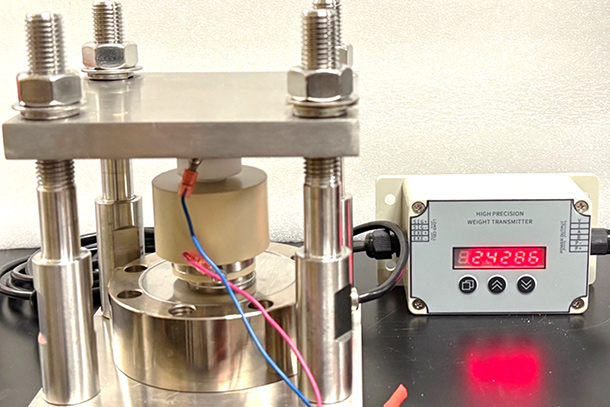National Institutes of Health Reaches Out to U.S. Research Institutions Regarding Undisclosed Connections to Foreign Governments
National Institutes of Health Reaches Out to U.S. Research Institutions Regarding Undisclosed Connections to Foreign Governments
The National Institutes of Health (NIH) recently sent dozens of letters to various U.S. research universities requesting information on specific researchers believed to have undisclosed connections to foreign governments.
In a letter sent to grant recipients last summer, NIH director Francis S. Collins wrote that “foreign entities have mounted systematic programs to influence NIH researchers and peer reviewers.” The letter also noted that the NIH might be in contact with these institutions further to discuss “specific applications, progress reports, policies or personnel from, or affecting, your institution.” In his original letter, Collins noted three areas of concern:
- Diversion of intellectual property (IP) in grant applications or produced by NIH-supported biomedical research to other entities, including other countries;
- Sharing of confidential information on grant applications by NIH peer reviewers with others, including foreign entities, or otherwise attempting to influence funding decisions; and
- Failure by some researchers working at NIH-funded institutions in the U.S. to disclose substantial resources from other organizations, including foreign governments, which threatens to distort decisions about the appropriate use of NIH funds.
An adverse effect of these new letters is that many academic administrators are now hesitant to have any foreign ties whatsoever, including collaborations with foreign researchers located at U.S. universities.



